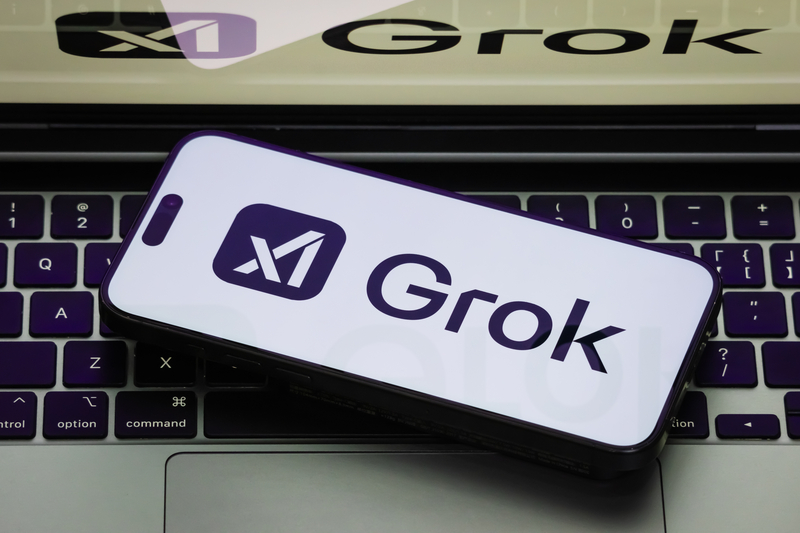The SEC announced that it has adopted amendments to reporting requirements for registered mutual funds, closed-end funds, and exchange-traded funds.
By filing a new Form N-PORT report, investment advisers can provide information about a fund’s portfolio holdings and related information to help assess a fund’s risks – with the goal of providing the SEC with more timely information about funds’ portfolio investments.
The amendments to Form N-PORT will become effective on November 17, 2025, although fund groups with net assets of less than $1 billion will have until May 18, 2026, to comply.
Form N-PORT
The agency says this will promote more effective regulatory monitoring and oversight of the fund industry for the benefit of fund investors.
The amendments also will triple the amount of Form N-PORT data available to investors in a given year, enhancing investors’ ability to review and monitor information about their funds’ portfolios, the agency’s press release states.
Originally conceived in 2016 to modernize investment company reporting, companies registered under the 1940 Act as management investment companies, other than money market funds and small business investment companies.
And 1940 Act-registered exchange-traded funds organized as unit investment trusts will be required to file on EDGAR monthly reports on Form N-PORT no later than 20 days after the end if each month information relating to (among other things), their portfolio holdings, portfolio risk and liquidity, and the use of derivatives.
Timely data
By making portfolio data available more frequently to the public, Chair Gary Gensler said in a statement, the amendments will enhance investors’ ability to review and monitor their funds.
“For instance, investors could more regularly assess how their funds are meeting their investment objectives, and to what extent their funds’ portfolios overlap,” Gensler said.
The amendments also provide the SEC with timelier information. As the primary regulator of the asset management industry, the Commission relies on such information in its oversight. Increasing the timeliness of the reports helps the SEC monitor industry trends, identify risks, inform policy and rulemaking, and examination and enforcement efforts,” he noted. And more timely fund data could enhance the SEC’s ability to respond during times of stress or fast-moving events, he added.
Guidance also offered
Along with the adopting release for N-PORT, the SEC also provided guidance related to an existing rule that requires open-end funds to have liquidity risk management programs.
Since that liquidity-risk management program rule was implemented, the SEC’s staff has monitored funds’ liquidity classifications and observed funds’ liquidity risk management programs in practice, Gensler noted. The guidance addresses questions raised through this staff outreach and monitoring.
“It also reflects the importance of our staff observing how rules work in practice and providing guidance where appropriate based on these observations,” he said.












